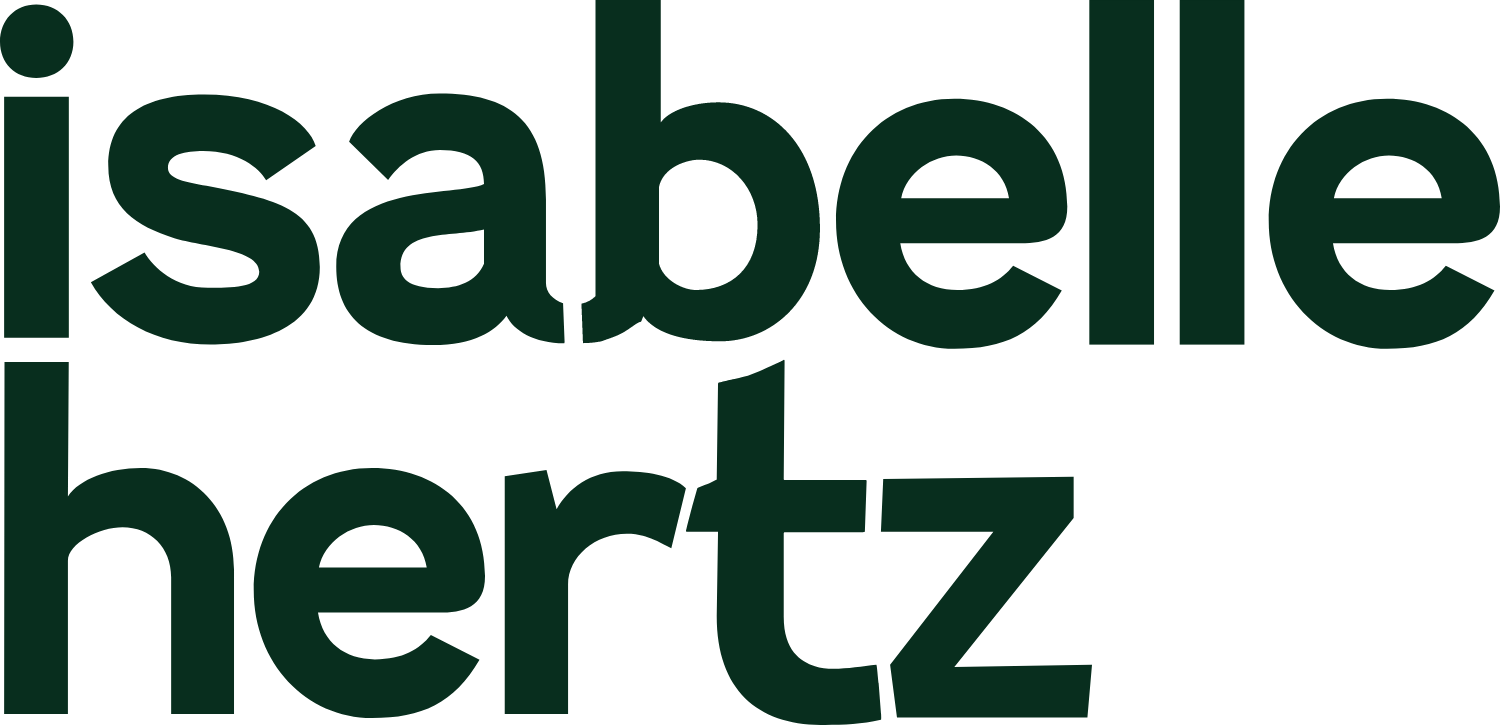Are you practicing self-awareness?
My coach/mentor/friend Dr. Harold Turk wrote this piece I shared below titled: Things to avoid doing with your coach and I think it is such valuable information that I want to share it with you. Coaching is a process of change and having a coaching relationship is like having any other relationship in our lives. The way we are being with our coach says a lot about how we are showing up with our clients, colleagues, friends, partner, and really any intimate and interconnected relationship. What I love about what he shares in this post is that it points to such a rich opportunity for us to learn about ourselves when we look at how we are showing up with our coach. If you don’t have a coach right now (or ever), a mentor or a therapist or a partner can also provide rich indicators of how we are showing up.
In my coaching practice, I have had clients show up in all of these ways (see his post shared below) and I have done many of these things too with Harold. There is nothing wrong with wanting to receive value from your coach, asking them to help you stay accountable, working with other coaches and/or taking other programs etc… it is more about observing how we are showing up during these situations. Are we demonstrating black and white thinking, being inflexible, demanding, devaluing, withholding sharing, assuming etc…? If so, these are good signs that something internal is likely going on. These patterns of behaviour offer rich opportunities to investigate ourselves, learn from and grow into new ways of showing up.
The bottom line: It is unlikely you will avoid these behaviours, easy to do them, and most important to work through them.
I encourage you to take the opportunity in your life to cultivate self-awareness. The things I share from my coach’s recent post are a great first step to help cultivate more self-awareness. With that self-awareness, you can take the occasion to examine how you are being with your own coach (mentor, therapist, or partner). Then, take the opportunity to surface whatever behaviour you have awareness around as the topic of conversation with your coach (or other intimate relationship in your life).
Consider this:
Are you being transparent?
Are you taking in feedback?
Are you communicating your needs and wants?
Are you blaming?
Are you de-valuing?
Are you cancelling or changing your schedule without consulting?
If you answered NO to #1-3 and YES to #4-6, these are some powerful signs you may be using your coach (mentor, therapist, or partner) rather than working with them. In these moments, we have the opportunity to work through rather than around these experiences to cultivate greater self-awareness.
Here is what Harold shared in his original post:
Arguing to prove them wrong, as opposed to being curious about how they might be correct about something. Not agreeing with everything is healthy; in fact some need to learn this, however not knowing the difference between fighting for something vs. fighting against something is key.
Failing to look at your own behavior, while only focusing on theirs. Only looking to correct their behavior is not going to help you grow your life.
Being unaccountable for your passivity or aggressiveness during sessions. Neither is good or bad, however when we are unaware of how we are being, especially during sessions, that’s where growth is available to us.
Constantly needing an explanation as to why you’re getting certain coaching, rather than simply taking the coaching. A good player doesn’t constantly demand the reasons for why they are receiving the coaching, before they decide to take it. Good players work to figure it out. Provided that you’ve determined that your coach is always serving your best interest, it’s time to start looking at yourself to see why you keep halting the process.
Making the coach responsible for your lack of results. The coach is accountable for your results, not responsible. You’re responsible for your results & life. Knowing the difference between accountability vs. responsibility is key.
Not considering your coach when making big decisions in areas of your life where you historically aren’t strong. The way to get stronger is by running those decisions by them, so together they can track your progress in improving those areas of your life where you tend to struggle.
Not taking the coaching & simply doing what you want to do. Either you flat out want to disregard the coaching & prefer to do something that’s not in your best interest OR you struggle with creating a healthy coaching relationship, which reveals how you occur in other intimate relationships in your life. Where you struggle with your coach, is where you likely struggle with others.
